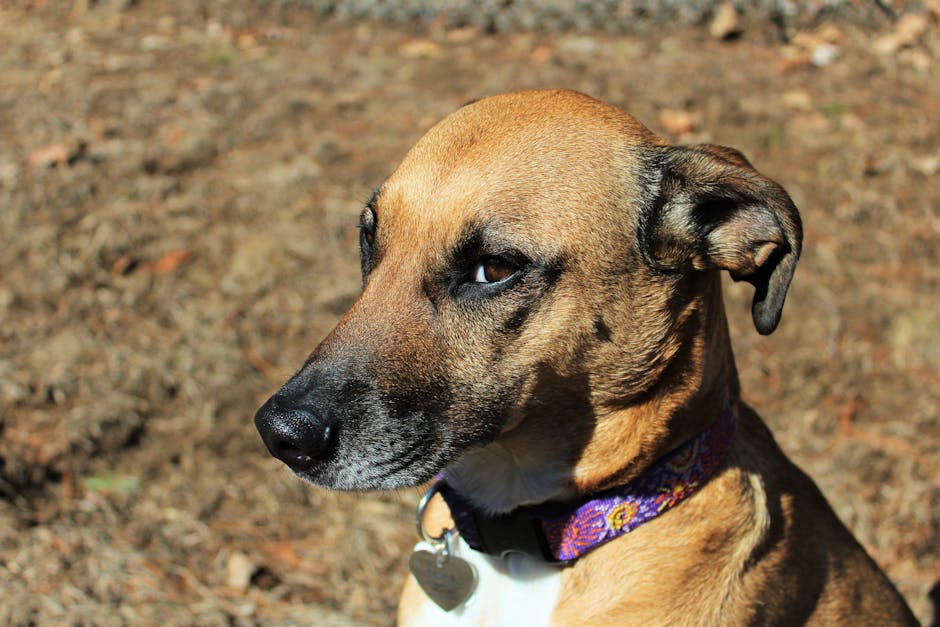Training your dog can be a rewarding experience for both you and your furry friend. It helps establish a strong bond, improves communication, and promotes good behavior. Here's a comprehensive guide to help you train your dog effectively:
**1. Start Early:**
Begin training as early as possible, ideally when your puppy is between 8-16 weeks old. Puppies are more receptive to learning during this socialization period.
**2. Use Positive Reinforcement:**
Reward your dog immediately with treats, praise, or affection when they perform desired behaviors. This reinforces the behavior and encourages repetition. Avoid punishment, as it can damage your relationship and hinder training progress.
**3. Establish Clear Commands:**
Use short, simple commands that are easy for your dog to understand. Maintain consistency in your commands to avoid confusion.
**4. Keep Training Sessions Short:**
Short, frequent training sessions are more effective than long, infrequent ones. Aim for 5-15 minute sessions, several times a day.
**5. Use a Variety of Training Techniques:**
Incorporate different training methods such as clicker training, luring, and shaping to keep training engaging and cater to different learning styles.
**6. Be Patient and Consistent:**
Training takes time and patience. Be consistent with your commands and rewards, and don't get discouraged if your dog doesn't learn overnight.
**7. Practice in Different Environments:**
Train your dog in various environments to generalize the behaviors you teach. This ensures that they understand the commands regardless of their surroundings.
**8. Seek Professional Help if Needed:**
If you encounter challenges or have specific behavioral issues, don't hesitate to consult a certified dog trainer or veterinarian for guidance.
**Additional Tips:**
* Use high-value treats as rewards that your dog finds irresistible.
* Keep training sessions fun and enjoyable for both you and your dog.
* Be mindful of your dog's body language and adjust training techniques accordingly.
* Socialize your dog with other dogs and people from an early age to promote good behavior.
* Set realistic training goals and celebrate progress along the way.
Remember, dog training is an ongoing process that requires dedication and consistency. With patience, positive reinforcement, and the right techniques, you can train your dog to be a well-behaved and happy companion.
